Publications
Articles, publications, books, tools and multimedia features from the U.S. Institute of Peace provide the latest news, analysis, research findings, practitioner guides and reports, all related to the conflict zones and issues that are at the center of the Institute’s work to prevent and reduce violent conflict.
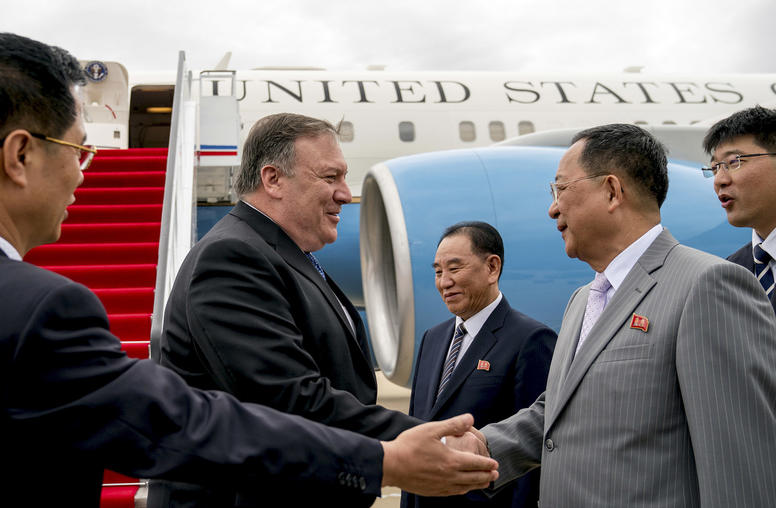
U.S.-North Korea talks just broke down. Here’s what might happen next.
Pyongyang and Washington walked away from the negotiating table in Sweden this past weekend — with divergent statements on the first working-level meeting to be held since negotiations broke down at the February summit between President Trump and Kim Jong Un in Hanoi.
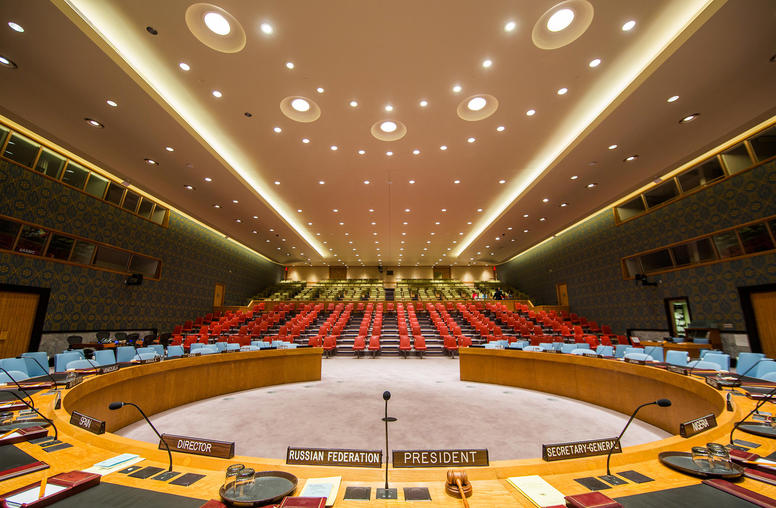
What Has the U.S. Got Against Peace Talks?
Last month, U.S. President Donald Trump withdrew from the Afghan peace process, closing off for the time being a rare opening to resolve a long, stagnant, and unpopular war. Whatever one thinks of the specifics of the deal that the U.S. representative at the talks, Zalmay Khalilzad, had nearly finalized with the Taliban, the episode was a perfect demonstration of the conflicted, often self-defeating view of peace agreements that mires U.S. foreign policy.
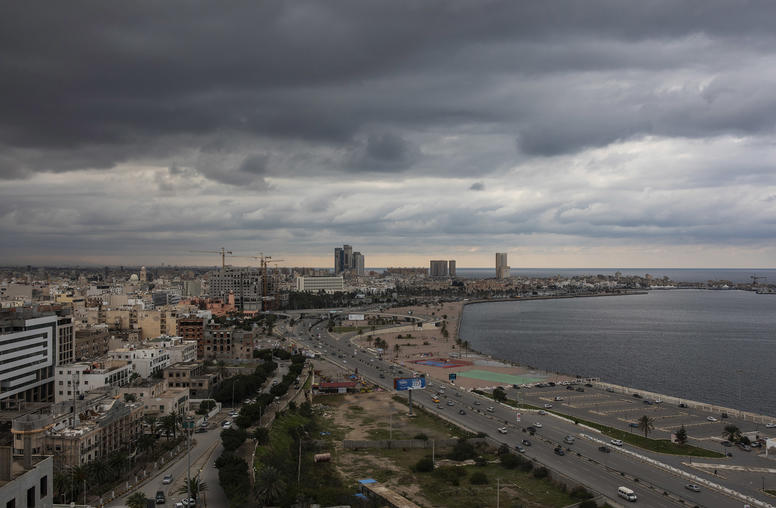
After Berlin, Will Foreign Actors Back Out of Libya’s Civil War?
Tags: Dialogue, Mediation & Negotiation Published: January 21, 2020 / By: Nate Wilson; Thomas M. Hill More than eight years since the death of Col. Muammar al-Qaddafi, Libya remains in state of protracted conflict with rival governments in Tripoli and Tobruk. Backed by the U.N., the Tripoli-based government has been at a stalemate with the eastern-based Libya Arab Armed Forces (LAAF) led Field Marshall Khalifa Haftar, who launched an assault on Tripoli in April. Foreign backers have flooded into the country to advance their own interests—but this has only exacerbated the conflict. Over the weekend, a long-delayed conference in Berlin aimed to put Libya on a path to peace and end foreign interference. USIP’s Nate Wilson and Tom Hill explain what happened at the conference, how the U.S. fits into this picture and where Libya’s conflict goes from here.

Venezuela: Could the Coronavirus Threat Be an Opportunity?
Helping Venezuela resolve its political crisis will be vital to containing the potentially catastrophic COVID-19 pandemic there. A truce in the country’s power struggle is urgent, and last week’s U.S. proposal for a transitional government offers useful ideas, even for a naturally skeptical governing regime. Advancing them would benefit from mediation, perhaps by the Vatican or the United Nations, and will require cooperation among the major powers—the United States, Russia and China—involved in the crisis. If Venezuelans and outsiders can join against the common human threat of coronavirus, that could lay foundations for an eventual political solution to the decade of turmoil that has brewed the hemisphere’s worst humanitarian disaster.
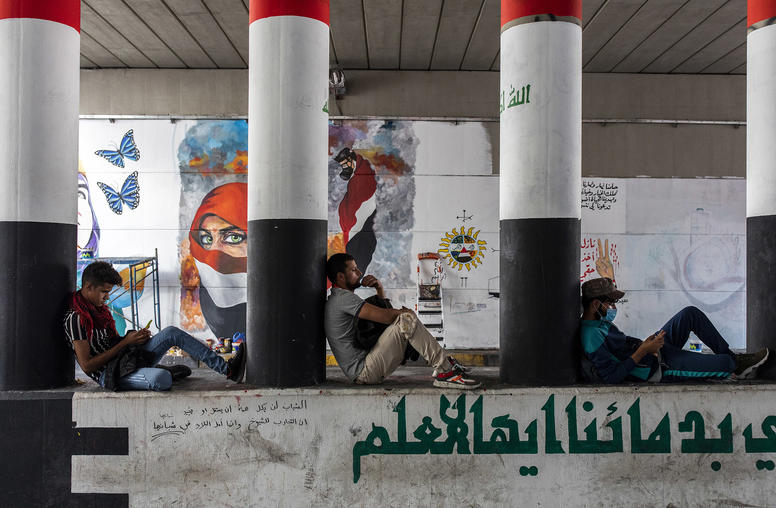
U.S.-Iraq Dialogue Opens Door To Reset Relations
Since October 2019, Iraq has been rocked by multiple crises. Protesters hit the street last fall to demand an end to corruption and foreign interference, an overhaul of the political system, and economic justice, leading to the resignation of Prime Minister Adel Abdul-Mahdi in November. Several attempts to form a new government failed until Mustafa al-Kadhimi succeeded in May. At the beginning of 2020, the U.S. airstrike that killed Iranian commander Qassem Soleimani resulted in ratcheted up tensions between Washington and Tehran that largely played out on Iraqi soil. Then the coronavirus descended up Iraq.

It’s Time for the U.S. To Rethink North Korea Policy
A little over a year ago, U.S. President Donald J. Trump’s third meeting with North Korean leader Kim Jong Un was making headlines as much for its historic nature—it was the first time that a sitting U.S. president had set foot in North Korea—as for what it represented about the lack of progress in U.S.-North Korea relations. The next U.S. administration, whether it is led by Trump or former Vice President Joseph Biden, will face a more emboldened regime in Pyongyang and, according to experts, must rethink past failed strategies for dealing with this challenge.
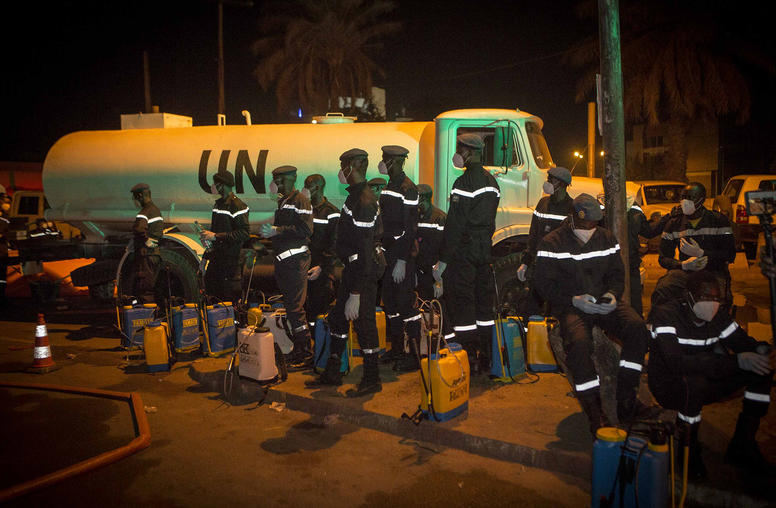
Four Lessons for Cease-fires in the Age of COVID
During his opening remarks at the 75th U.N. General Assembly, Secretary-General António Guterres renewed his appeal for a global humanitarian cease-fire, urging the international community to achieve one in the next 100 days. But in the roughly 180 days since his initial appeal, most conflict parties have not heeded the secretary-general’s plea. What can peacebuilders do to advance the secretary-general’s call? Four key lessons have emerged over the last six months on how cease-fires can be achieved—or stalled—by COVID-19.
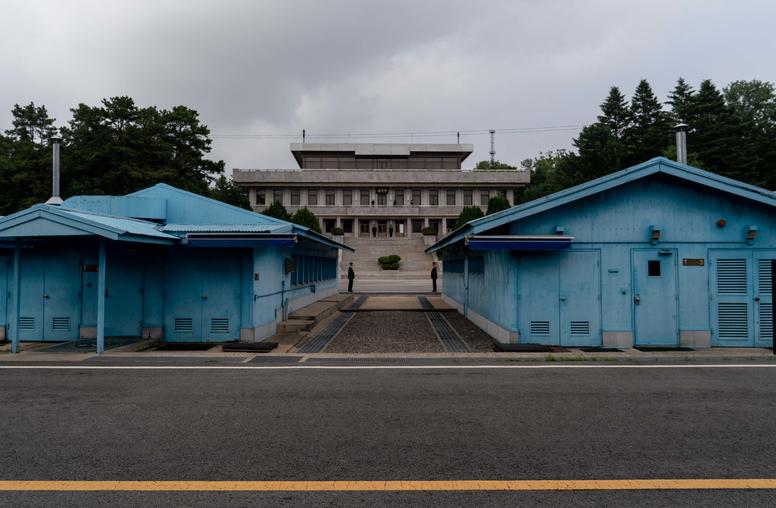
Four Ideas for a More Practical Approach to North Korea
A significant impediment for the United States is that it continues to narrowly limit its policy options while North Korean capabilities expand unabated. Washington’s window of discourse on North Korea policy largely consists of: Pressure the Kim regime through sanctions; don’t legitimize or reward it until preconditions are met; and don’t make any concessions until the North takes significant denuclearization measures first. To achieve any sustained results, these policy boundaries must be substantially widened to include more realistic and practical measures. We, along with our colleagues at USIP, explored many of these issues in a recent report, “A Peace Regime for the Korean Peninsula.”
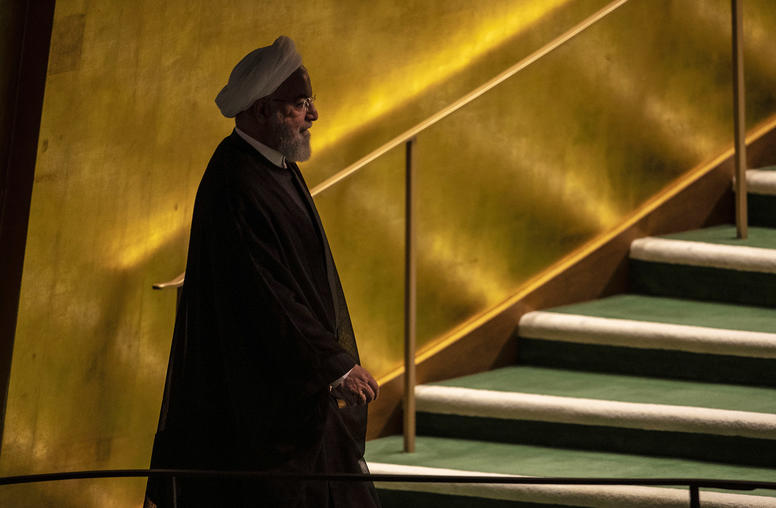
Nuclear Diplomacy with Iran: What’s Ahead for the Biden Administration?
Of all the pressing issues in the volatile Middle East—wars in Syria, Yemen and Libya, unstable Iraq, imploding Lebanon, and the 10,000 ISIS fighters and other al-Qaida franchises still on the loose—the most pressing for President-elect Joe Biden will be Iran’s controversial nuclear program. He has repeatedly promised to rejoin the nuclear deal, brokered by the world’s six major powers in 2015, which Donald Trump pulled out of in 2018.
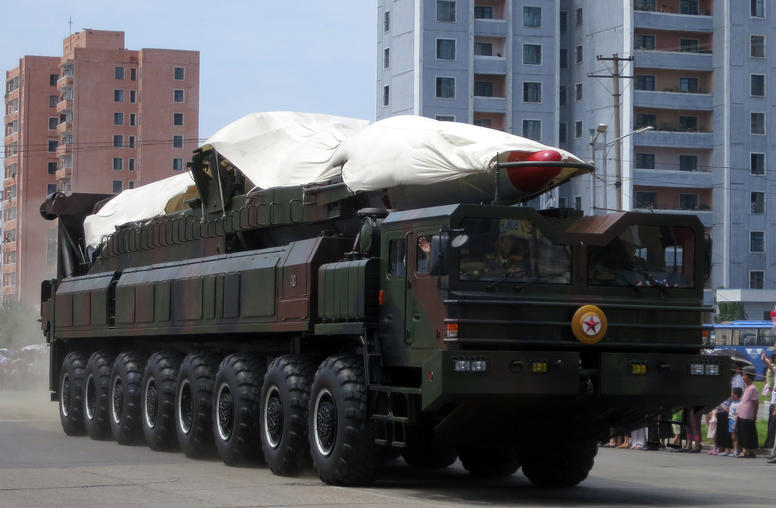
Nuclear Diplomacy with North Korea: What’s Ahead for the Biden Administration?
The Biden administration faces a situation with North Korea similar to what President Obama faced in 2009, with U.S.-DPRK engagement on its last legs. Obama appeared interested in reviving the Six Party Talks, but slow outreach to North Korea allowed Pyongyang to seize the narrative by conducting a satellite launch in April and a nuclear test in May, which doomed engagement for an extended period. Biden will face a similar decision about how to engage North Korea, including whether to move forward with joint U.S.-South Korea military exercises in March, and whether to reaffirm the outcomes of the 2018 joint U.S.-DPRK Singapore Statement, which Pyongyang has yet to renounce but is on life support.